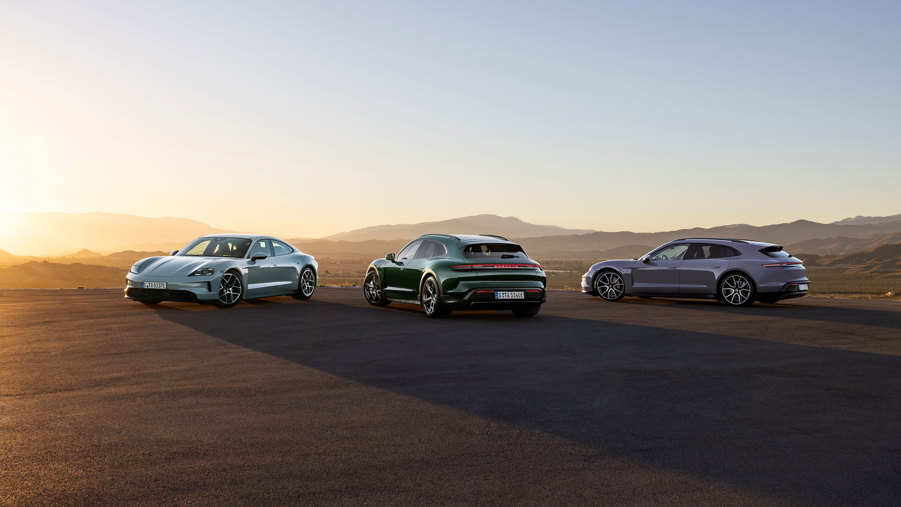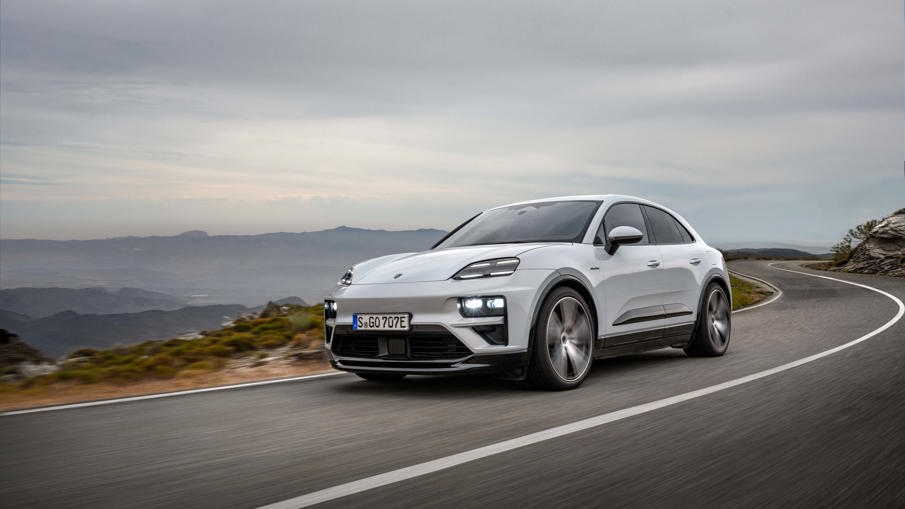Porsche has announced a significant shift in its electric vehicle (EV) strategy, revealing plans to integrate internal combustion engine (ICE) and hybrid options into models initially conceived as electric-only.
The pivot responds to declining Taycan sales and increasing demand for combustion and hybrid vehicles, especially among Porsche's core customer base, who remain partial to traditional powertrains.
This change marks a noteworthy deviation from Porsche’s initial goal to have 80% of its lineup as fully electric by the end of the decade.

The fully electric 718 Boxster and Cayman, set to launch in the coming months, are among the vehicles initially designed as pure EVs.
However, retrofitting these models to accommodate combustion engines or hybrids would present engineering and financial hurdles. Chief Financial Officer Lutz Meschke explained in a recent call, “A lot of customers in the premium and luxury segment are looking in the direction of combustion-engined cars - there’s a clear trend.”
While Porsche is known for its innovation, shifting from electric back to combustion or hybrid for a lineup such as the 718 sports cars and the upcoming Macan SUV introduces logistical and cost concerns.
Even if approved, modifications would require years to develop, and market availability would be uncertain.

In response to market dynamics, Porsche has prioritised flexibility across its production capabilities. This includes reengineering options to introduce combustion powertrains to vehicles like the flagship K1 SUV, scheduled for a 2028 release.
The larger three-row K1, originally intended as an EV, could feasibly incorporate a hybrid system within the timeline and vehicle dimensions.
The brand is also revisiting its popular models, the Panamera and Cayenne, enhancing combustion variants and expanding plug-in hybrid options. "We will refresh our combustion engine cars, including the Panamera and the Cayenne, and of course, we will continue to rely on plug-in hybrids,” Meschke added, highlighting Porsche’s ongoing commitment to ICE vehicles in parallel with EV advancements.

Porsche’s pivot involves adjusting its production lines to support a more diverse powertrain lineup. Meschke said, “We can produce combustion engine, plug-in hybrids and electrified cars in one production line in Leipzig.”
This flexible approach aims to meet fluctuating market demands more efficiently. Meschke further mentioned that Porsche’s research and development would support the creation of new combustion-engined variants of models originally intended as EVs, enhancing their appeal to a wider range of customers.
Although Porsche initially projected that EVs would comprise the bulk of its lineup, market conditions drive a more balanced approach. Taycan sales, once a success story, have underperformed this year despite updates.
Whether this revised strategy will sustain Porsche's appeal remains to be seen, but it is clear the brand is prepared to flex with the shifting preferences of its buyers.





